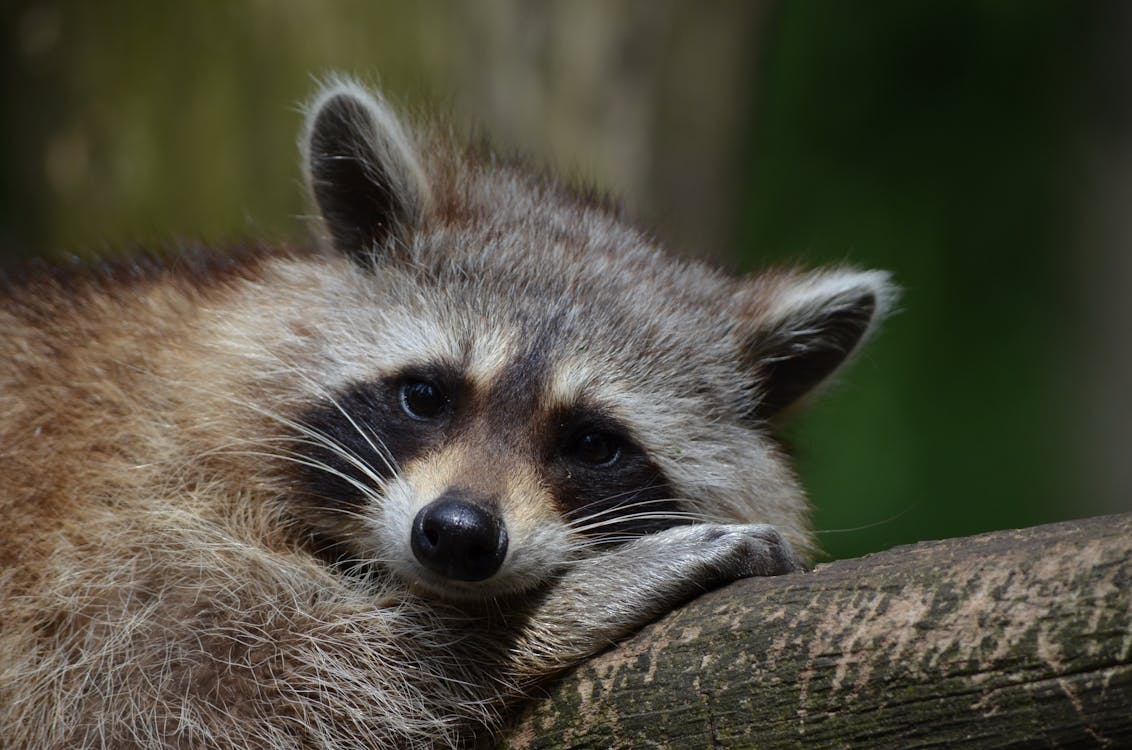Which Fence for Which Animal Out?
- The National Gardening Association Editors report that, on a long term basis, fencing is the best way to keep domestic and wild animals out of your garden. They offer the following suggestions and tips:
- Fences are most effective when the animal can't see what the fence protects - food. A solid fence will block their view of the delectable offerings of your garden.
- Polypropylene fences are less visible than solid fences, but they will not give protection from all animals.
- Electric fences will not block your view of the garden. They can be more effective than solid fences, especially if the would-be poachers know the wires are hot. Animals are not likely to test the fence more than once.
Build the fence that pertains to the animals you want to keep out of your garden:
Deer
A tall fence is necessary. A mesh, solid or an electric fence can be effective. There are many design options available. Be sure to anchor the fence to the ground. Deer will also go under a fence if given the option.
Cats and dogs
Build a 3-foot high wire fence - buy a 5-foot roll and bend 24" at the bottom of the fence to the outside of the garden to form an apron. This will discourage digging.
Rabbits
A 2-foot high chicken wire fence with 1" hexagonal mesh openings is recommended. Buy a 3-foot high roll and bend a 12" apron of the fence mesh to the outside of the garden. Bury it several inches deep to prevent digging.
Woodchucks
A 4-foot high fence with a 24" buried apron works well. They suggest leaving the top 18" of the fence unattached to posts. This will challenge the animals' climbing ability. You can also string an electrified wire along the top. Placing electric fencing a few inches outside the other fence is even more effective. To protect prized plants from these tunneling pests, bury a protective wire mesh basket two to three feet underground.
Raccoons & Opossums
You need fencing that provides an underground barrier and is difficult to climb. Use a 60" to 72" fence. Bury a 24" horizontal apron several inches underground on the outside of your garden. Leave the top 18" of the 36" or 48" high fence unattached. This will bend over as the animal climbs, preventing it from getting over the top. If you have difficulty finding 60" or 72" high fence, the apron and vertical parts can be two different rolls. Be sure to fasten the two edges together with hog rings or tie wire. For further security, electric fence wire can be run along the top. Spreading light weight netting on the ground around your garden may discourage these animals from approaching the fence.
Coyotes
An electric fence in combination with a strong 48" fence mesh, such as sheep and goat fence, works well. Place one electrified wire 8" off the ground, 6" to 18"away from the mesh fence. An additional wire strung along the top of the fence will discourage jumping.
Bears
They can be discouraged from entering an area by using electric fence. Bait, such as bacon strips or pork rind, should be attached to the wires. Bears will approach the bait, touch it with a wet nose or tongue and learn the characteristics of the fence. They will want to avoid it in the future. If the fence is not baited, a bear is likely to crash through the fence, paying no more attention to the shock than it would a bee sting. A 36" to 48" roll of chicken wire secured to the ground with ground staples can also be used as an effective barrier. Be sure to keep the area mowed.
Do the solutions the editors suggest sound good to you?
Do you have other suggestions to share based on your own experience?
Fences are most effective when animals can't see what the fence protects - food. A solid fence will block their view of the delectable offerings from your garden.
Polypropylene fences are less visible than solid fences. But they will not give protection from all animals.
- Electric fences will not block your view of the garden. They can be more effective than solid fences, especially if the would-be poachers know the wires are hot. Animals are unlikely to test the fence more than once.
- Be certain to check your local ordinances before installing a fence.







